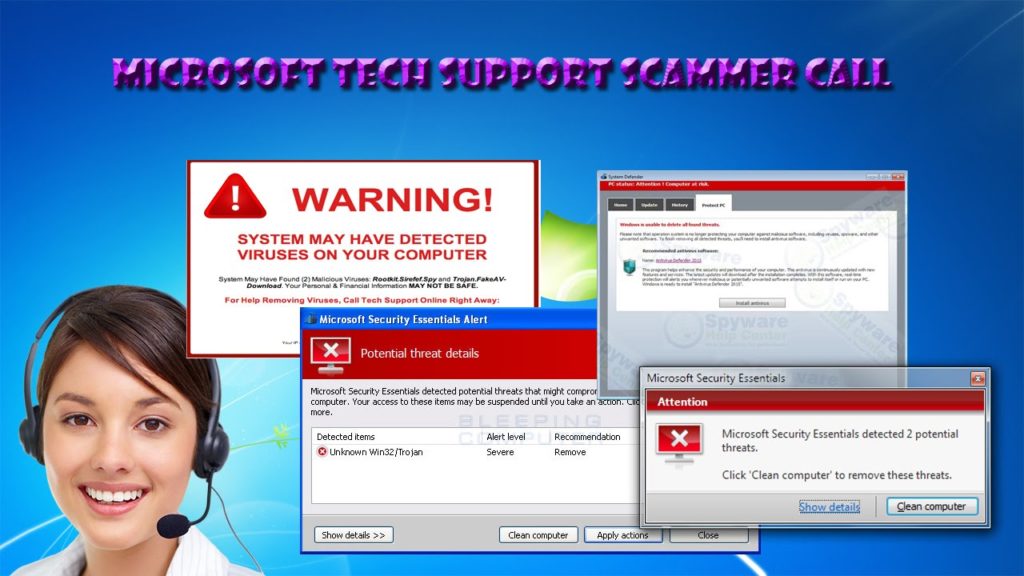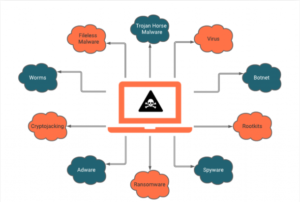6 Strong Ways to Enhance Your Online Security

In today’s wireless world, most of our information, personal and professional, is present on our digital devices. Though it’s easy to store and maintain information digitally, it can also land users in big trouble. Despite huge advancements in online security algorithms, cybercrimes are becoming more and more prevalent.
Therefore, make you have the best security mechanism in place before you input any data into your computer. Protecting your data isn’t too difficult as it sounds; you just need to follow a few tips and steps, and you are safe completely.
In fact, new software and apps help the user a lot in terms of tracking and securing their data. Any sort of negligence can result in a security breach, data loss, data leak, and much more. The security tips mentioned in this article, if followed appropriately, can help you to stay informed and secure in the online and offline world.
Beware of Fake Messages or Links
If you need to protect your data online, learn to detect fraud emails, messages, or links to avoid clicking them. If you receive an email or message, cross-examine the sender’s address. If that comes from a valid source, that’s fine; else, treat it as spam and do not click on it.
These types of messages come up with a link in which they lure the user to click on it and steal their personal information. Therefore, if you find any suspicious message in your mail message, never click to open it, and you can even report that sender’s address as spam.
Avoid Automatic Logins to Accounts

Automatic logins can save a few seconds of your time when you are working on something important. But, anyone using your computer can access your account without typing the password. The consequences can be worse if your device is stolen. By activating automatic logins on your computer, you are compromising your data security in many ways.
Therefore, take a few extra seconds to assign passwords to your accounts and safeguard your data. Never use a single password for all your accounts. Instead, comprise strong passwords using a combination of letters, numbers, and characters and use multiple combinations.
Update Operating System Often
Your computer automatically installs the latest operating system, most of the time. However, it sometimes slows down your computer, which is annoying.
Select to install the operating system and app updates manually to ensure that it stays up-to-date. This will help you keep the important updates necessary for the excellent performance of your computer.
Updates usually fix all the bugs which were present in the previous version of the software. Using the older version can make the hacker steal your data quite easily. You can also check the status of your OS update by navigating to the Software Update section.
Download Antivirus for Better Performance
Your computer can become a victim of malware and viruses as soon as you come in contact with a malicious link. Downloading an app from any illegitimate source can be another reason that can bring a virus to your computer. Whatever be the reason, after entering the device, the virus multiplies itself, infects files speedily, and slows down your computer.
Your computer might have a virus if you see the pinwheel as soon as you click a file. This can be more than annoying as you find yourself stuck at the moment. Downloading an antivirus application and scanning your computer regularly is the best way to prevent yourself from falling into such a situation.
Encrypt Your Hard Drive
Whether you are using a Mac or Windows computer, you can encrypt your hard drive to prevent unauthorized access. It protects your data from all sorts of threats that can lead to data leaks. You need to assign a password to the device to lock access. Later, you can decrypt the device by entering the same key that you have used to encrypt it.
macOS offers FileVault encryption that prevents your hard drive from outside access. No one can unlock the device without the decryption key if your MacBook is stolen. In Windows, you can use BitLocker encryption to safeguard your device.
Remove Redundant Apps & Extensions

When the apps that you download from the internet are not updated regularly, they become redundant, which makes them vulnerable to security risks. Take a tour of your computer every few weeks to detect apps that are no longer required and delete them permanently from the computer. Remove any app leftovers manually or use professional app uninstallers.
Apart from apps, you might have installed multiple browser extensions to make your work easier. After some time, these extensions make no sense as most users download them to perform particular short-term tasks but forget to uninstall them. So, take time to remove the browser extensions that are of no use to enhance your browsing experience and security.




